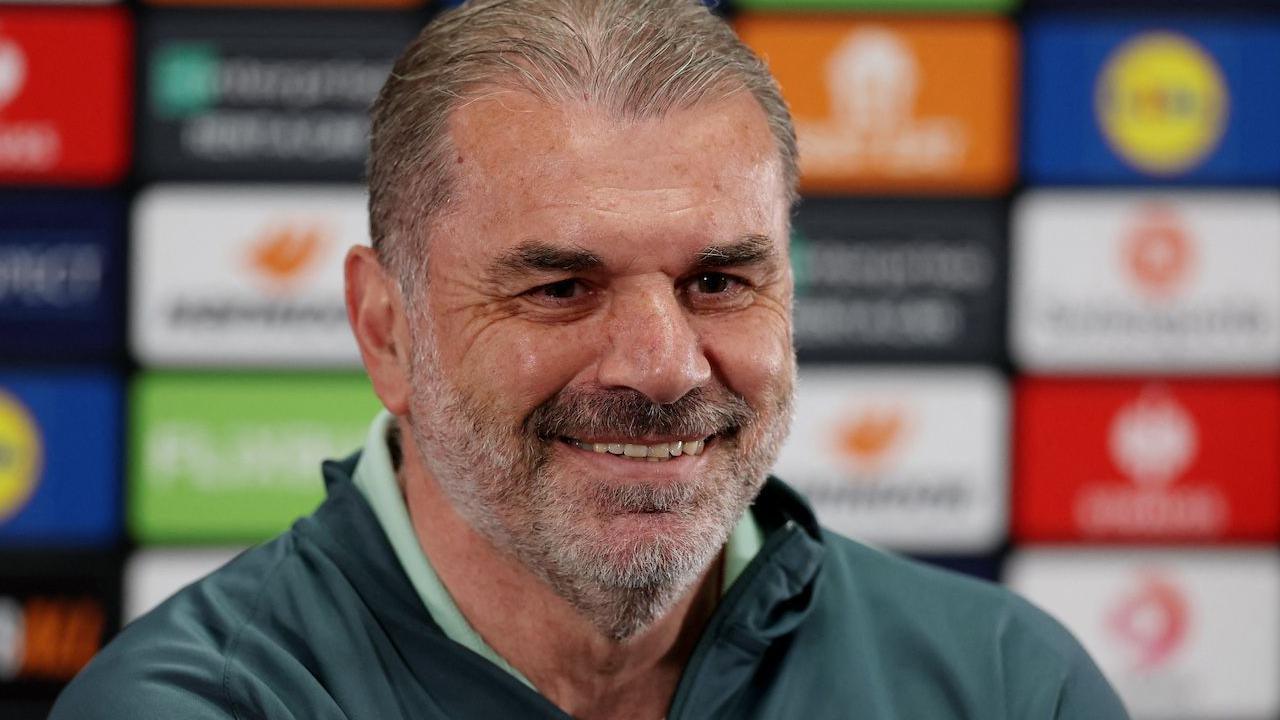UEL Qualification Debate: What’s at Stake for Premier League Clubs?

The UEFA Europa League (UEL) has always been a stage of high drama and big ambitions. But in recent times, questions have arisen about the fairness of Champions League qualification through success in the UEL. As Premier League giants like Tottenham Hotspur and Manchester United battle for European silverware, the debate surrounding UEL winner rewards is hotter than ever.
Champions League Entry for UEL Winners: The Ongoing Debate
Since 2014, UEFA has granted UEL winners direct entry into the following season’s Champions League. This rule was meant to elevate the status of the UEL, but not everyone agrees with it. Recently, legendary manager Arsène Wenger argued that UEL winners, especially from leagues already allocated multiple Champions League spots, shouldn’t automatically qualify for Europe’s top competition. In his view, they should perhaps receive a return ticket to the UEL instead.
You can read Wenger’s detailed perspective and the wider implications for English football in this News18 article.
Premier League Consequences: Why Is This Debate Relevant Now?
This debate isn’t just academic. With England’s coefficient performance, the Premier League could potentially see as many as six teams in next season’s Champions League if a club like Tottenham or Manchester United secure UEL glory. This scenario is unusual and has sparked fierce discussion among fans and pundits alike.
Tottenham’s head coach Ange Postecoglou responded to Wenger’s remarks, defending the current system and highlighting its consistency over the years. According to Postecoglou, the rules provide hopeful clubs with a clear target and keep the competition compelling for supporters and players. For more insights into his stance and the passionate reactions around these comments, check out the full analysis at BBC Sport.
Arguments For and Against UEL Champions League Qualification
Supporters of the current rule point out that it incentivizes teams to give their all in the UEL, maintaining the tournament's prestige and competitiveness throughout. Winning the UEL is a major achievement that they believe deserves a proportionate reward, such as a spot in the biggest European competition.
Critics, like Wenger, argue that with expanded Champions League allocations to top leagues, the advantage is unfair. As leagues like the Premier League get more qualifying teams, granting another ticket through the UEL could upset the competitive balance, especially when UEL-winning clubs haven't performed well domestically.
For further reading on this ongoing argument and how it affects Tottenham, check the counterpoints raised by NDTV Sports.
Looking Ahead: Will There Be a Change?
With the current season nearing its climax and a possible Manchester United vs. Tottenham final looming, all eyes are on UEFA. Any changes to the system would have far-reaching consequences, not only for English football but the entire European landscape.
The debate over UEL qualification isn’t just a question of rules—it touches the heart of football’s competitive spirit. Whether UEFA holds firm or listens to calls for reform, the spotlight will remain fixed on clubs chasing both European silverware and a coveted seat at Europe’s top table.
Want to stay updated on the latest UEL and Champions League developments? Follow BBC Sport, NDTV Sports, and News18 for ongoing coverage and expert analysis.